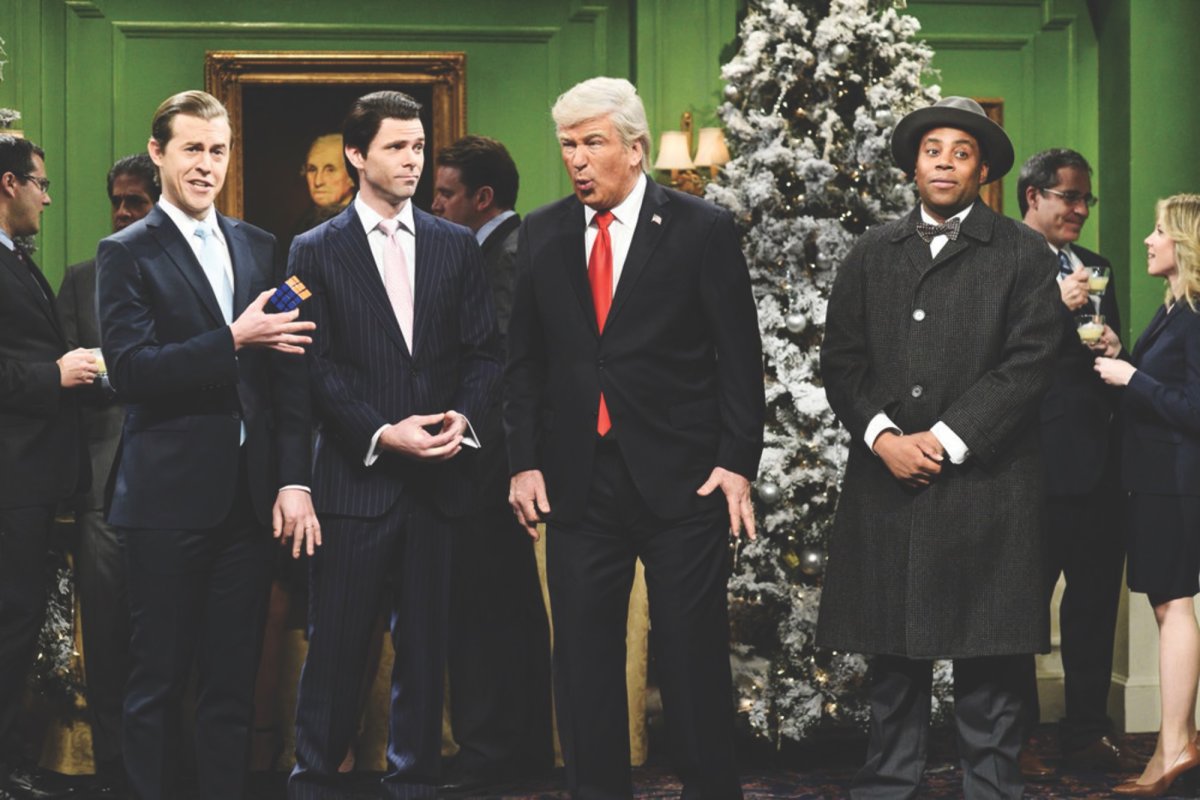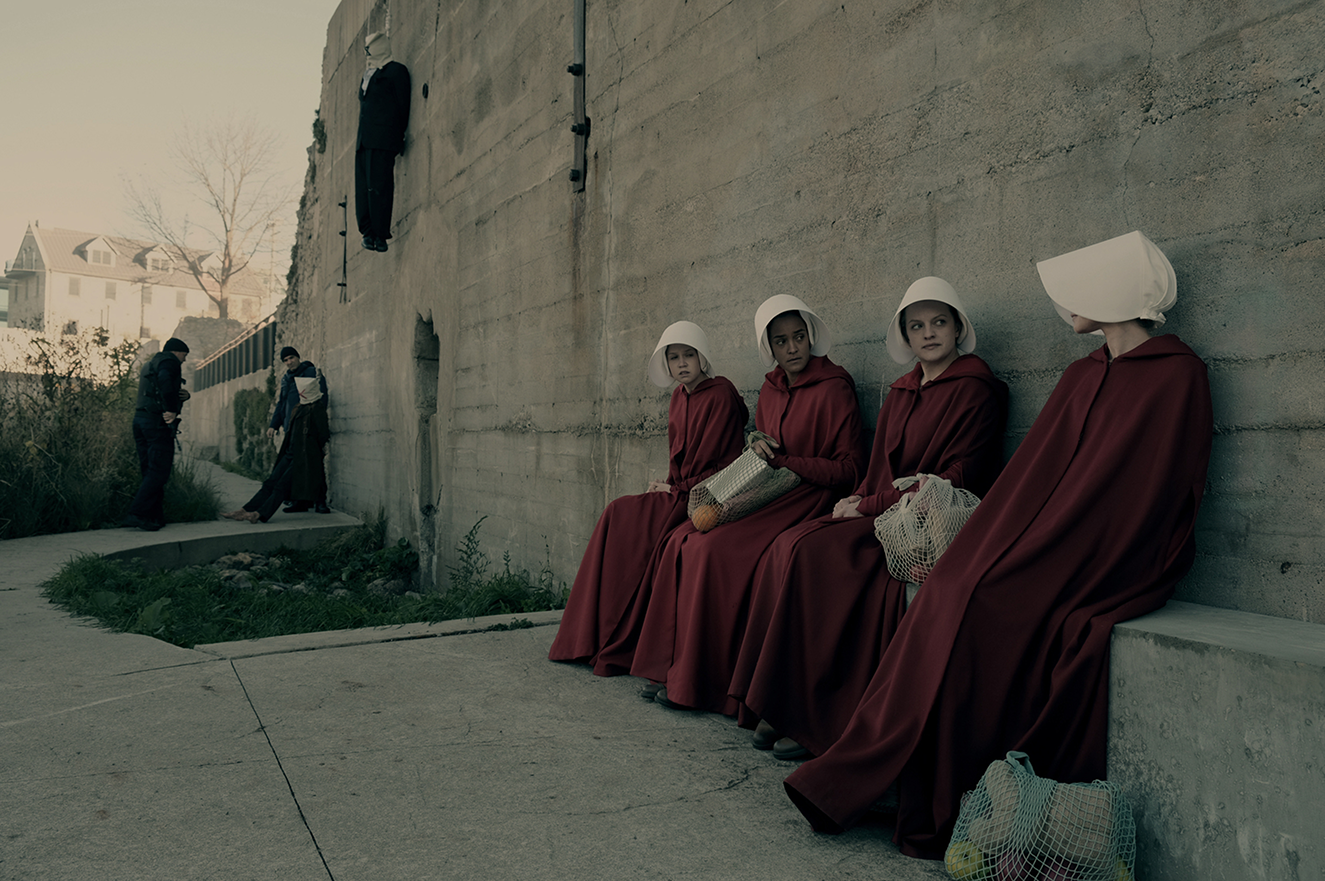B. Ruby Rich From Film Quarterly Summer 2018, Volume 71, Number 4 Turning sixty is a landmark. No, not mine: it is Film Quarterly that this year marks its ripe old age and can reassert its claim as the oldest continuing film journal in the United States. Thanks to its dedicated contributors, staff, editorial boards, and, of course, the University of California Press, its publisher and steward, FQ remains young and vital even today, alive and kicking, and, I’d like to think, better than ever. Anniversary celebrations kicked off in Toronto in March, where the annual Society for Cinema and Media Studies (SCMS) conference offered an occasion for the FQ reception at SoHo House. The gathering was a wonderful mix of Toronto locals, FQ contributors and masthead notables, Criterion moguls, UC Press staff, and a kinship network of FQ friends and family. A slideshow of Film Quarterly through the ages was assembled and presented by FQ editorial assistant, Marc Francis. A first run of postcards drawn from four different editorial eras (Ernest Callenbach, Ann Martin, …









